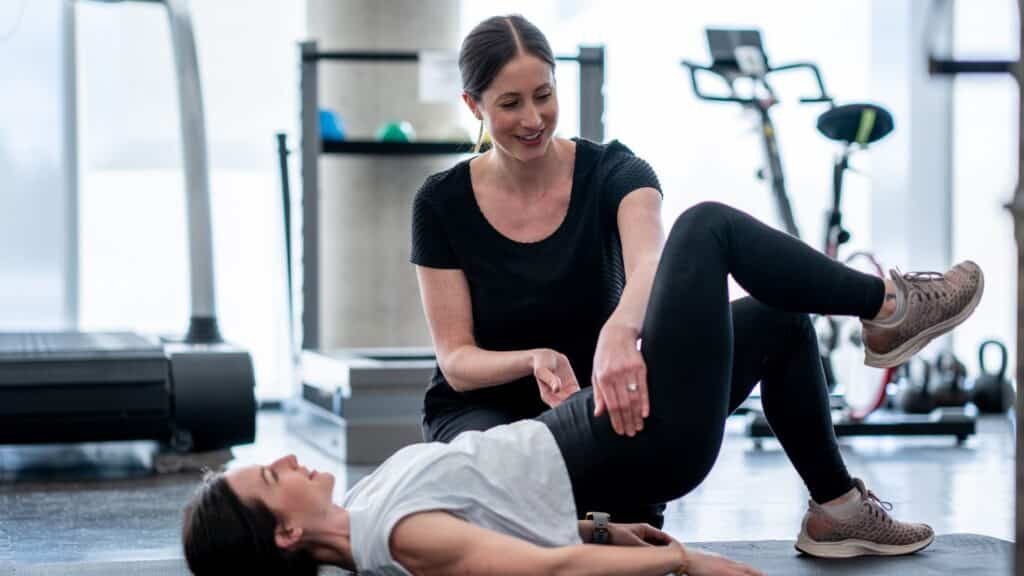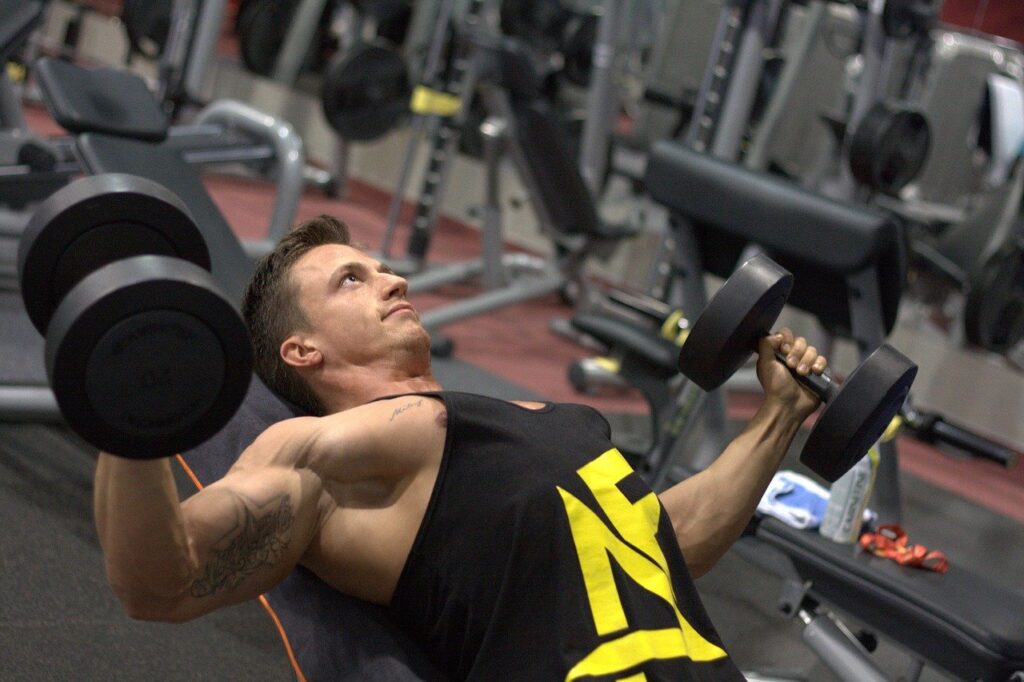An exercise physiologist plays a key role in helping Australians improve their health, recover from injuries, and manage chronic conditions through structured physical activity. Unlike a general fitness coach, an exercise physiologist works with evidence-based techniques to deliver programs tailored to individual needs. Their expertise goes beyond just fitness goals, they are trained to consider medical conditions, injuries, and lifestyle factors when designing exercise plans. In Australia, more people are turning to an exercise physiologist for support because of the increasing recognition of how exercise directly impacts long-term health. Whether it’s rebuilding strength after surgery, managing conditions like diabetes, or creating safe routines for older adults, an exercise physiologist provides professional guidance backed by science. Understanding what an exercise physiologist does can help you decide if their services are right for your health journey and whether they might be the missing piece in achieving your wellbeing goals.
What Is an Exercise Physiologist?
An exercise physiologist is a university-qualified health professional who specialises in the study of how the body responds to physical activity and structured exercise. In Australia, they are accredited through organisations such as Exercise & Sports Science Australia (ESSA), ensuring they meet professional standards. Unlike a personal trainer, an exercise physiologist has in-depth knowledge of anatomy, physiology, and chronic disease management. While physiotherapists focus more on diagnosing and treating injuries, an exercise physiologist takes a broader approach by designing long-term, safe, and effective programs to improve health outcomes. They use evidence-based methods to tailor exercise plans for individuals, considering medical conditions, lifestyle factors, and personal goals. This makes an exercise physiologist especially valuable for people who need more than just a general fitness routine. By combining science, clinical expertise, and practical strategies, an exercise physiologist bridges the gap between healthcare and fitness, offering targeted solutions for both prevention and recovery.
What Does an Exercise Physiologist Do?

The role of an exercise physiologist is to assess, prescribe, and monitor exercise programs designed to improve overall health and physical function. They begin by conducting detailed assessments to understand an individual’s current fitness, medical background, and limitations. From there, an exercise physiologist develops a tailored plan to support goals such as injury recovery, chronic disease management, or general wellbeing. Their work is evidence-based, meaning they use scientific research to ensure each exercise program is safe and effective. Unlike traditional fitness training, an exercise physiologist focuses on the long-term benefits of movement, ensuring programs are sustainable and aligned with medical advice. They also educate clients about the importance of exercise in preventing health issues, empowering them to take control of their wellbeing. In Australia, exercise physiologists often collaborate with GPs, specialists, and physiotherapists, making them an essential part of an individual’s broader healthcare team.
Conditions Exercise Physiologists Help With

An exercise physiologist supports clients across a wide range of conditions where exercise plays a crucial role in recovery and management. They are highly skilled in helping Australians with cardiovascular issues such as hypertension or heart disease, where structured exercise can improve circulation and heart health. They also work with clients managing type 2 diabetes, using exercise to regulate blood sugar levels and enhance insulin sensitivity. For people with musculoskeletal injuries such as back pain, joint issues, or post-surgical rehabilitation an exercise physiologist creates programs that restore mobility while reducing the risk of re-injury. Mental health conditions, including anxiety and depression, are also addressed through exercise, which has proven benefits in boosting mood and reducing stress. Additionally, weight management and lifestyle changes are common goals where an exercise physiologist provides structured, realistic plans. By addressing both physical and mental health, they deliver holistic care that supports long-term wellbeing for diverse groups of people.
Benefits of Seeing an Exercise Physiologist

ydWorking with an exercise physiologist offers many benefits beyond general fitness improvements. Their expertise allows individuals to gain strength, mobility, and endurance in a safe and structured way. For those recovering from injury, they provide tailored programs that speed up rehabilitation and reduce the likelihood of future setbacks. People with chronic conditions such as diabetes, arthritis, or heart disease find long-term relief through targeted exercise strategies that improve function and reduce symptoms. Another benefit of seeing an exercise physiologist is the focus on lifestyle change. Rather than offering quick fixes, they help clients build habits that support health for years to come. Exercise physiologists also provide education, empowering individuals to understand how movement impacts their body and why consistency matters. In Australia, with rising rates of chronic conditions, their services are becoming increasingly important in both prevention and management, making them a valuable partner in achieving sustainable health outcomes.
How to Know If You Should See an Exercise Physiologist
Knowing when to see an exercise physiologist depends on your personal health needs and goals. If you have a chronic condition such as diabetes, arthritis, or cardiovascular disease, an exercise physiologist can design a program that helps you manage symptoms safely. They are also an excellent choice if you are recovering from an injury or surgery and need structured support to return to daily activities. Unlike a personal trainer, an exercise physiologist has the medical knowledge to work with complex health conditions, making them ideal for anyone seeking exercise as part of a rehabilitation or prevention plan. Even if you don’t have a medical condition, you may benefit from their expertise if you want a tailored, sustainable approach to fitness. Australians who feel unsure about the best way to exercise for their body type, age, or lifestyle often find that an exercise physiologist provides clarity, confidence, and results.
Exercise Physiology in Glenelg (Local Touch)

Access to an exercise physiologist in Glenelg gives the local community the opportunity to improve their health with expert guidance. At EFM Glenelg, exercise physiology services are designed to provide personalised programs that suit individuals of all ages and fitness levels. Whether you are recovering from an injury, managing a chronic condition, or simply looking for safe ways to improve your fitness, an exercise physiologist can help. The focus is on evidence-based, sustainable programs that fit into your lifestyle while achieving measurable results. By working closely with clients, an exercise physiologist ensures that every plan is safe, effective, and goal-oriented. EFM Glenelg takes pride in offering a supportive environment where members can access professional care while staying connected with a local, community-driven gym. If you’re looking for trusted guidance on your fitness or recovery journey, booking a session with an exercise physiologist in Glenelg is an excellent first step.
Conclusion
An exercise physiologist is more than just a fitness expert they are a health professional dedicated to using exercise as medicine. Their role covers assessment, program design, and ongoing support for individuals with diverse needs, from chronic conditions to injury rehabilitation. In Australia, where health and lifestyle challenges are on the rise, their expertise is invaluable for both prevention and long-term wellbeing. The benefits of seeing an exercise physiologist go beyond immediate results, offering sustainable lifestyle changes that can transform health outcomes. If you are in Glenelg or surrounding areas, accessing an exercise physiologist through EFM Glenelg provides the professional support you need to exercise safely and effectively. By choosing evidence-based, personalised guidance, you take a proactive step toward better health, mobility, and overall quality of life. Investing in the expertise of an exercise physiologist is a decision that pays dividends for your present and future wellbeing.







